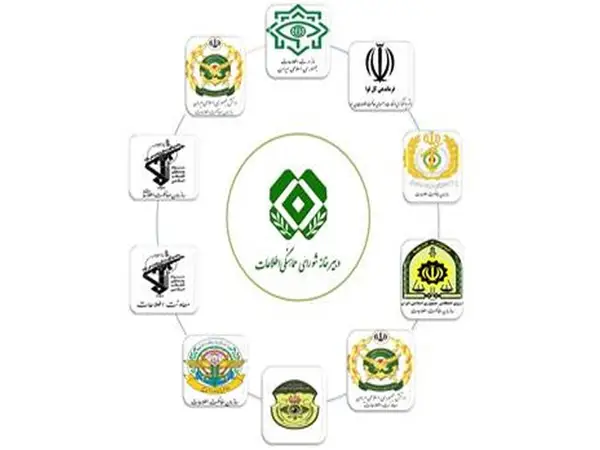While there are already several parallel intelligence organizations active in Iran, a lawmaker says the Islamic Republic’s judiciary is about to set up a new one.
Abolfazl Amouei, the spokesman of the parliament's National Security and Foreign Policy Committee, said Monday plans are in place to discuss the establishment a new intelligence organization for the Judiciary branch. The aim of the new outfit will be "preventing and countering measures to threaten and bribe judicial authorities."
Gathering information and reports about sensitive cases “to counter the propaganda campaigns by the global arrogance” is also mentioned as part of the duties of the new organization, indicating that the body will also coordinate with other entities out the judiciary apparatus. “Global arrogance” is a term used by the Islamic Republic to refer to the United States.
Iran has a traditional Intelligence Ministry, but other state entities, such as the Revolutionary Guard have established their own spy and security agencies. Now it appears the hardliner Judiciary has joined the game, which is not an unprecedented in the Islamic Republic. The trend, which has been evolving for over four decades, reached a turning point in 2009 with the formation of the Intelligence Organization of the Islamic Revolutionary Guard Corps, an intelligence agency within the IRGC and part of the Council for Intelligence Coordination.
The Council is comprised of at least 13 to 16 separate active intelligence agencies, according to different sources. Most of these parallel agencies have strong ties with the IRGC and the judiciary as well as the office of the Supreme Leader. The intelligence minister, the interior minister, foreign minister and the country’s chief justice are members of the body. The IRGC’s Intelligence Organization, and its Intelligence Protection Organization, and their counterparts in the traditional Army and Police force as well as cyber police are some of the other members.
Such parallel structures among the intelligence agencies is a can of worms that regime’s officials rarely speak about. However, a few politicians, such as outspoken conservative Ali Motahari, who was deputy-speaker in the previous parliament, have talked about the issue and repeatedly criticized it. Motahari famously said that the intelligence minister should not allow other organizations to interfere in the work of the Ministry. Heydar Moslehi, the intelligence minister under President Mahmoud Ahmadinejad, also warned against the "parallel work and confusion in intelligence operations." Amid tensions between the ministry and the IRGC’s intelligence organization, he had also sued the Fars news agency, affiliated to the Revolutionary Guards, accusing it of "spreading false news."
The deputy head of Fars news agency has been recently arrested for “forging briefing reports” after a large set of documents was released by a hacktivist group late in November.
Earlier in the week, Chief Justice Gholam-Hossein Mohseni Ejei also criticized the forced confessions coerced through torture and threats from people who have been arrested during the current wave of protests. His remarks suggest that such confessions, which have been the basis for the regime’s justification of executions and prison sentences, have been extracted by intelligence agencies outside the judiciary, mainly by IRGC intelligence. His criticism came on the backdrop of remarks by the former chief of Iran's state television, who says there are operatives in intelligence organizations with unknown identities, with vast powers and no accountability.
